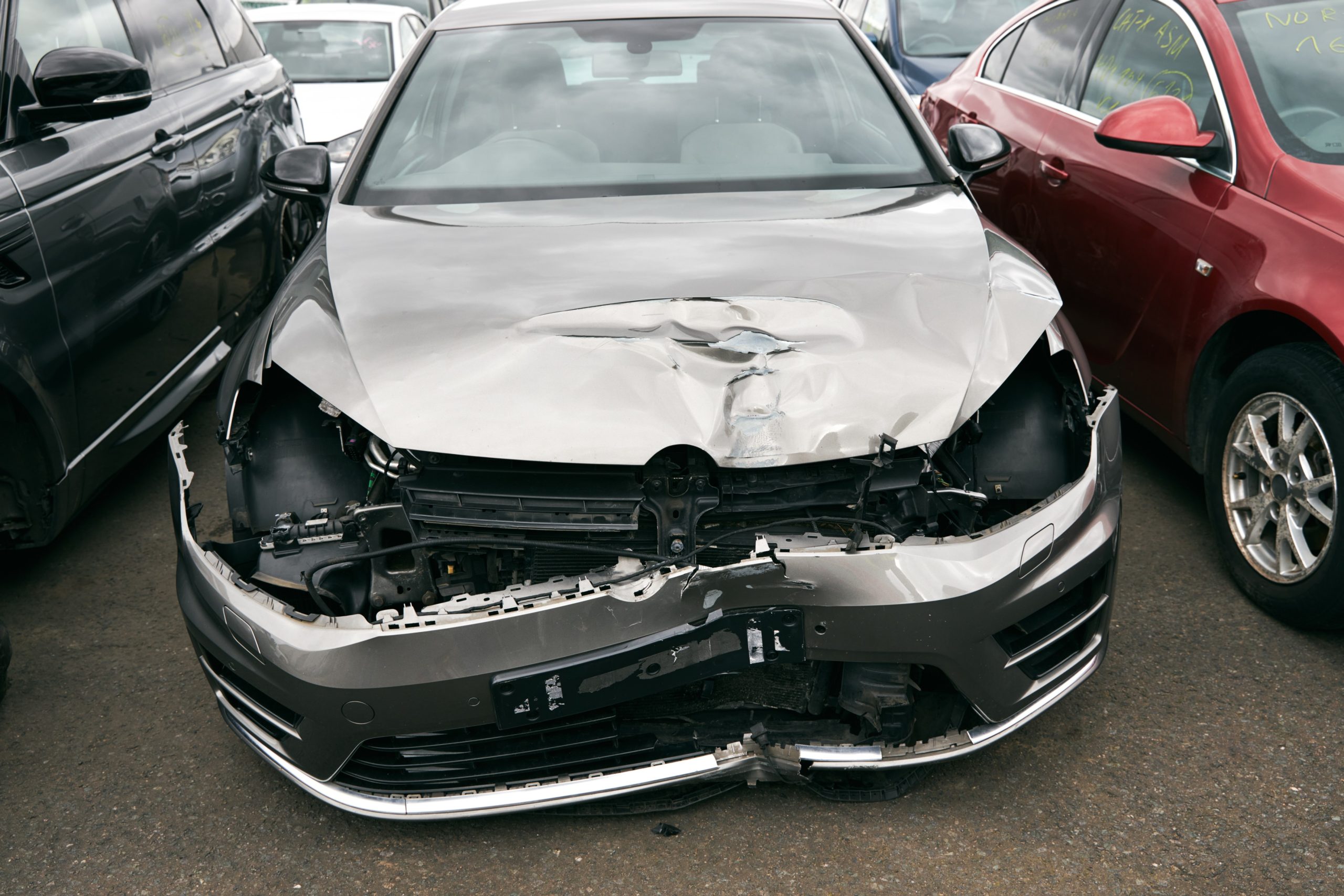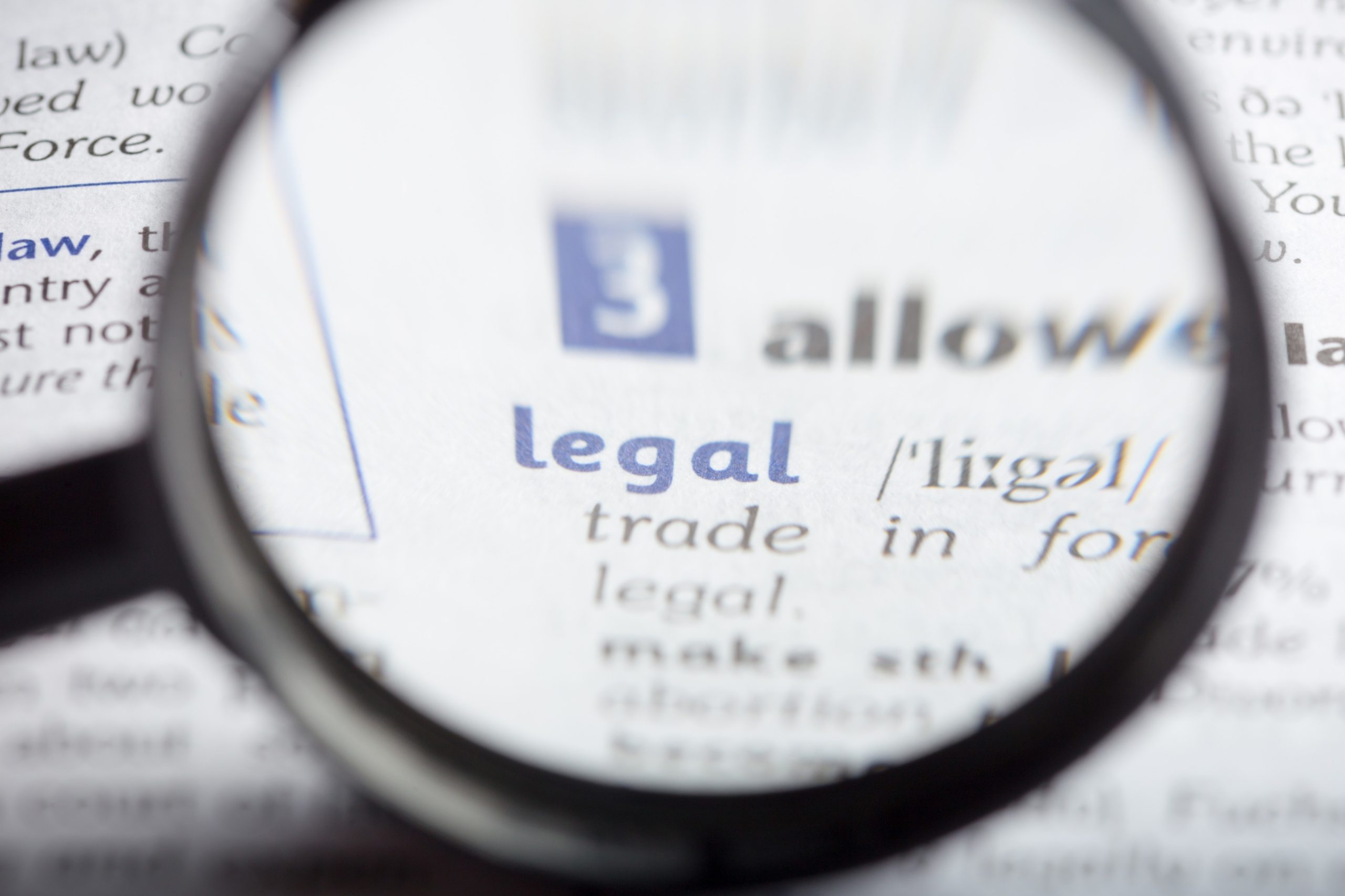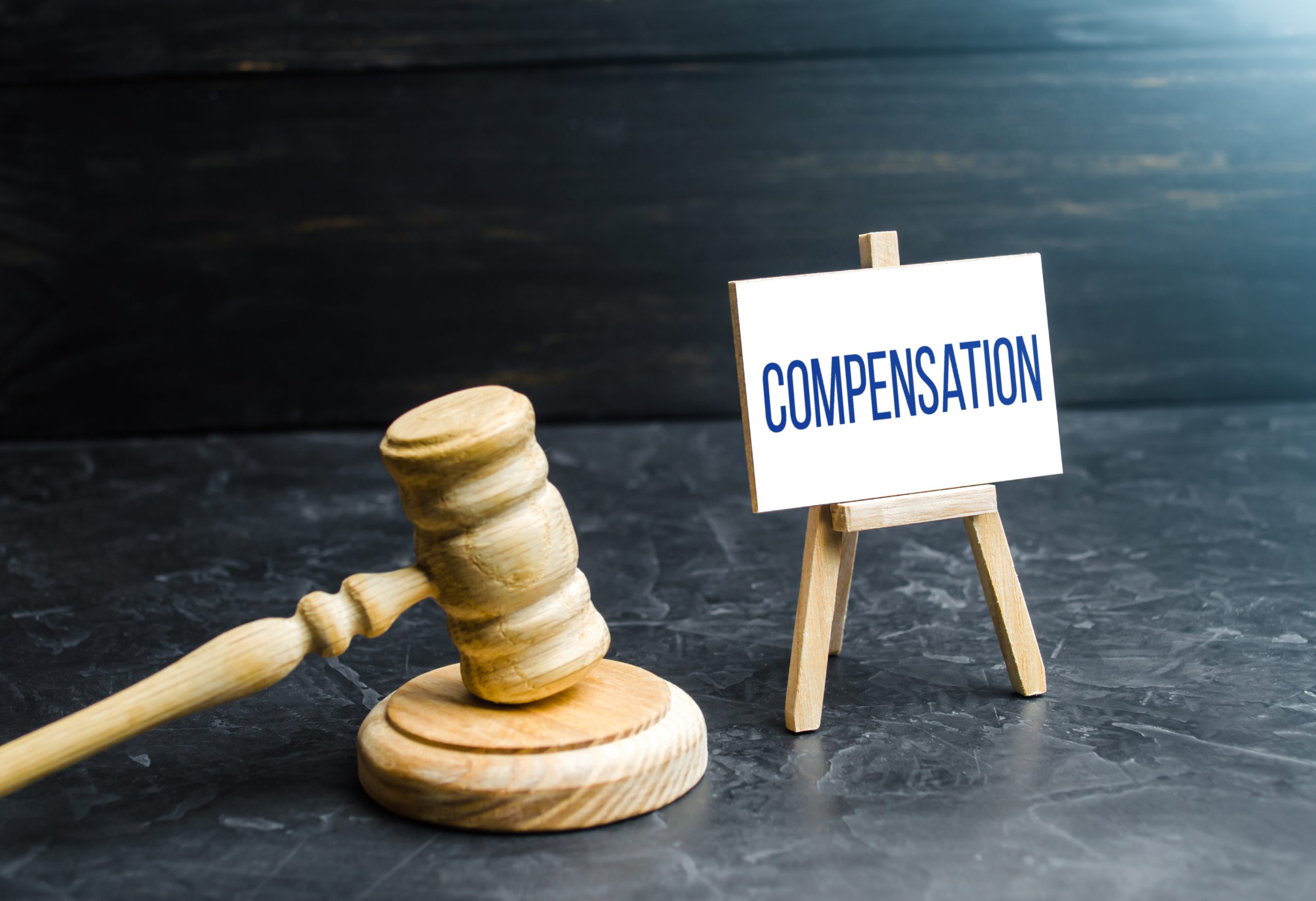Coping with Change: Strategies for Families during Separation

Family separation is a challenging and wrenching event that can have a big effect on people and relationships. We’ll look at a number of coping mechanisms in this article that’s intended to support families as they work through the challenges of divorce. These ideas are meant to offer support and advice at this challenging time, including everything from logistical issues to emotional well-being.
Understanding the Emotional Landscape
1. Acknowledging and Validating Emotions
Recognizing and recognizing the range of feelings that family members may be feeling is the first step towards managing a split family. Recognizing that these emotions are common might help the family feel more accepting and transparent. These emotions can range from grief and rage to perplexity and anxiousness.
2. Effective Communication
Open and honest communication is crucial during times of separation. Encouraging family members to express their thoughts and feelings can promote a sense of connection, even in the face of physical distance. Establishing regular communication channels helps maintain a support system and prevents feelings of isolation.
3. Seeking Professional Support
Sometimes, the emotional toll of family separation may require professional assistance. Therapists, counselors, or support groups can offer valuable insights and coping mechanisms to help family members navigate the emotional challenges they may encounter. Seeking professional support is a proactive step toward emotional well-being.
Practical Coping Strategies
4. Establishing Routine and Structure
Creating a sense of routine and structure can provide stability during times of upheaval. This holds particular significance for households headed by children. Daily routines and timetables that are well-defined can be beneficial.
5. Co-Parenting Plans and Collaboration
For families experiencing separation due to divorce or relationship breakdown, establishing clear co-parenting plans is essential. Collaboration between parents, even if separated, ensures that children feel supported and loved by both caregivers. Open communication about parenting roles, responsibilities, and decisions is key to successful co-parenting.
6. Financial Planning and Budgeting
Separation often comes with financial adjustments. Developing a realistic budget and financial plan can alleviate stress and uncertainty. Consulting with financial advisors or mediators can provide guidance on equitable distribution of resources and financial responsibilities, ensuring a smoother transition.
7. Legal Guidance and Understanding Rights
In cases where family separation involves legal aspects, obtaining proper legal guidance is paramount. Understanding rights and responsibilities, especially concerning child custody, visitation, and asset distribution, can empower individuals to make informed decisions and navigate legal processes more effectively.
Supporting Children Through Separation
8. Age-Appropriate Communication with Children
When children are involved, age-appropriate communication becomes crucial. Transparent yet gentle conversations can help children understand the situation and provide reassurance. Addressing their concerns and offering consistent love and support is vital for their emotional well-being.
9. Creating a Safe Space for Expression
Children may struggle to articulate their emotions verbally. Providing alternative outlets for expression, such as art, play, or journaling, can help them process their feelings in a healthy way. Creating a safe space for children to share their thoughts fosters a sense of security and emotional resilience.
10. Coordinating Consistent Parenting Approaches
Maintaining consistency in parenting approaches between separated caregivers helps children feel a sense of stability. Shared values, rules, and expectations across households contribute to a cohesive parenting environment, promoting the child’s emotional and psychological well-being.
11. Prioritizing Self-Care Practices
Individuals going through family separation must prioritize self-care practices. This entails setting aside time for leisure, participating in enjoyable activities, and emphasizing general wellbeing. Self-reflection, mindfulness, and physical activity can all be effective strategies for reducing stress and fostering emotional resilience.
12. Building a Support Network
Creating a support network is crucial during family separation. Friends, relatives, and support networks can provide comprehension, compassion, and useful help. Making connections with people who have gone through comparable experiences can offer insightful perspectives and a feeling of support.
13. Setting Realistic Goals and Expectations
Family separation often comes with a period of adjustment. Setting realistic goals and expectations for oneself and the family is important. Recognizing that challenges may arise and that progress takes time can reduce unnecessary pressure and stress.
Conclusion
Coping with family separation requires a combination of emotional understanding, practical planning, and a commitment to self-care. By acknowledging and validating emotions, establishing routines, seeking professional support, and prioritizing the well-being of all family members, individuals can navigate this challenging period with resilience and, over time, find a new sense of stability and purpose. Remember, the journey through family separation is unique for each family, and these coping strategies can be adapted to suit individual needs and circumstances.










